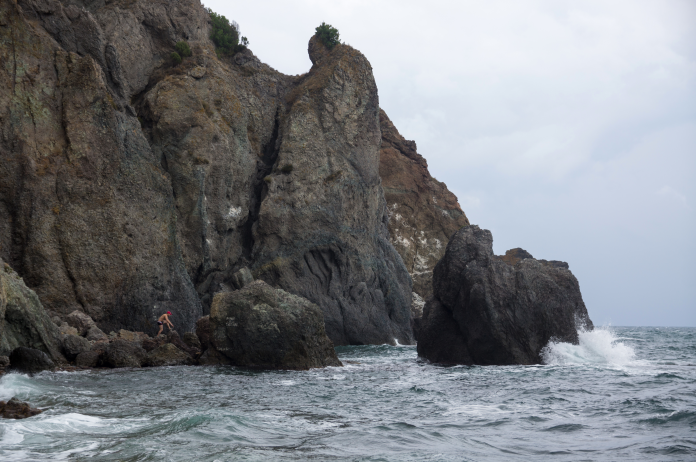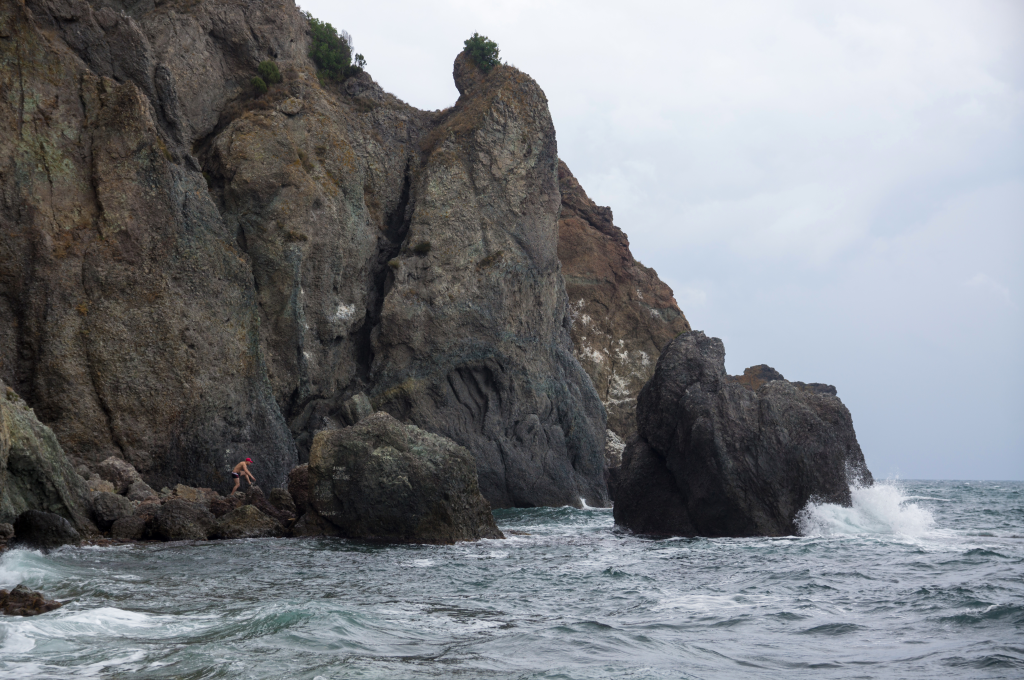
The Russian Black Sea Fleet has undergone a significant shakeup at the top ranks, following a serious blow dealt by Ukrainian forces. Unconfirmed reports indicate that Admiral Viktor Sokolov, the fleet’s commander, has been removed from his position after the sinking of the Caesar Kunikov landing ship off the coast of Crimea a territory annexed by Moscow in 2014.
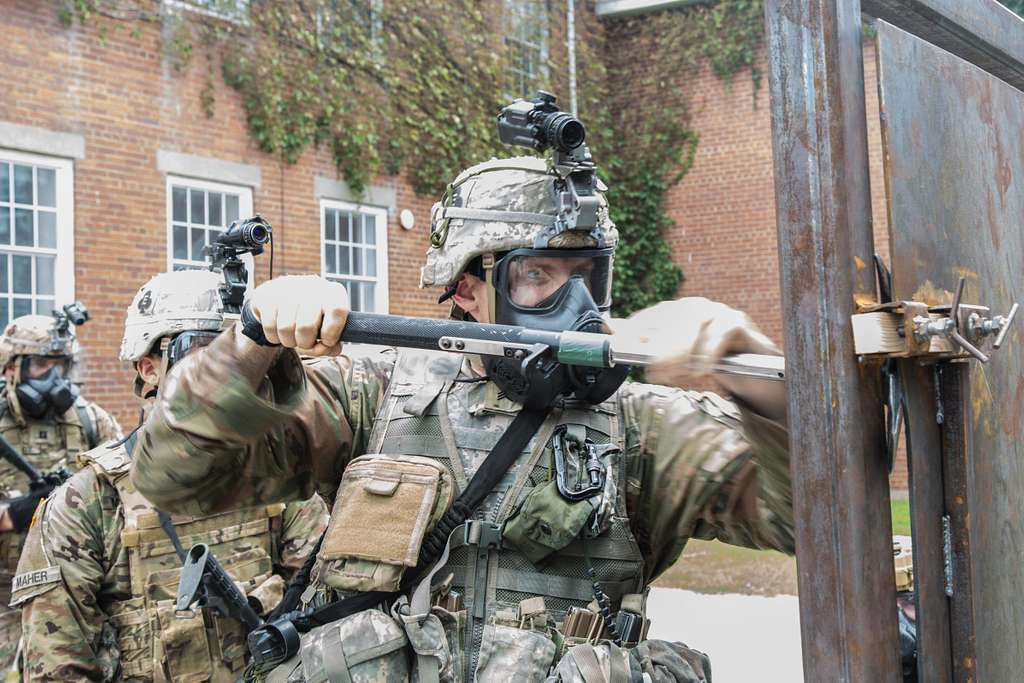
1. Naval Drones and Asymmetrical Warfare
Intelligence released by the Ukrainian military sources reported the destruction of the Kunikov by naval drones, a clear indication of Ukraine’s ability to deal massive damage to Russian navy forces.
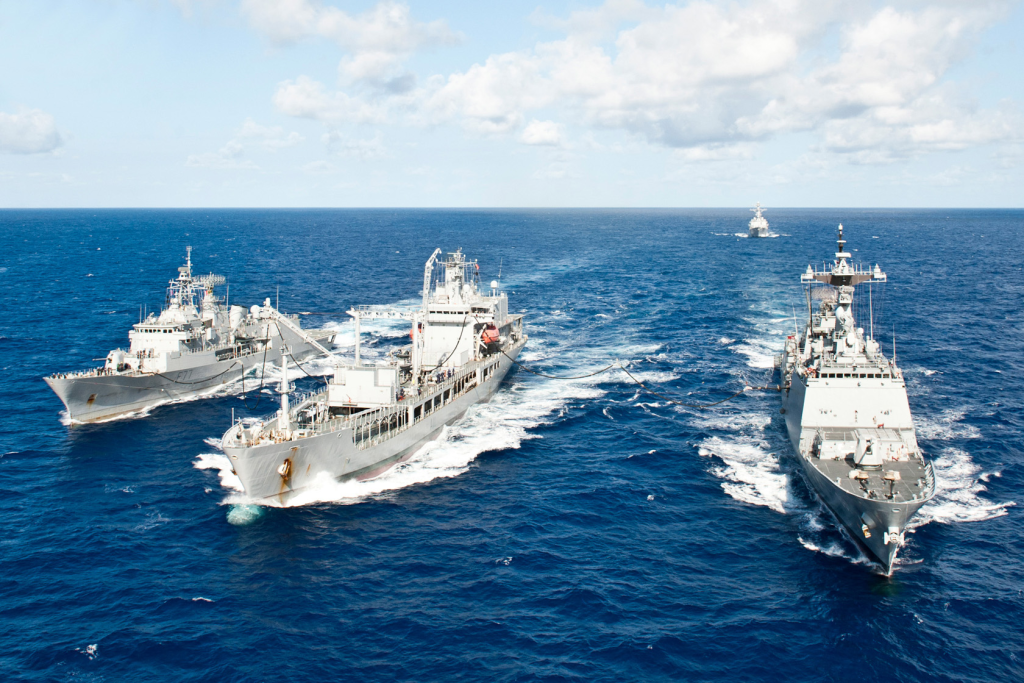
Naval drones are a cost-efficient weapon that evades conventional naval defenses and makes precision attacks on valuable targets. Their increasing effectiveness have made Russia redefine its maritime defense strategy in the Black Sea.
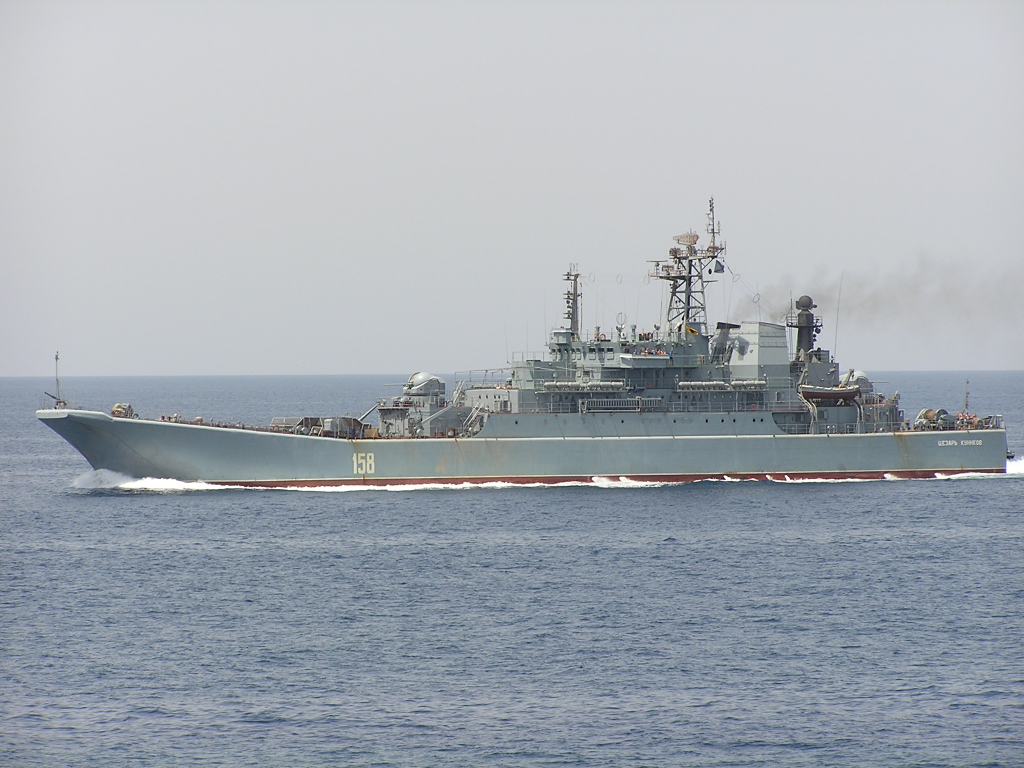
2. Strategic Loss of the Caesar Kunikov
This episode, which involved the Russian warship most probably losing its balance heavily on the port side, has resulted in a significant loss for the Black Sea Fleet, which was already stretched thin as a result of the war against Ukraine. The Caesar Kunikov was one of Russia’s only two functioning landing ships with the capability to carry troops and armored vehicles, and its loss was not only symbolic but also operationally devastating.
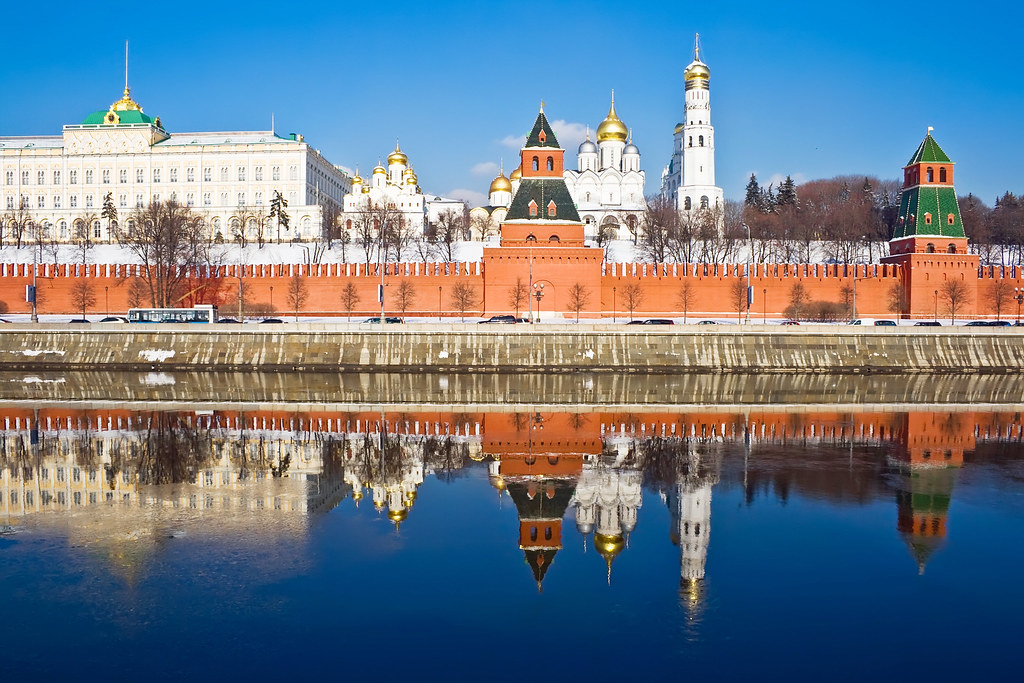
3. Leadership Crisis and Accountability
Pro-Kremlin Telegram bloggers, closely monitored for intelligence on Russia’s military moves, have pointed out that the loss of Kunikov appeared to be the turning point that resulted in Sokolov being sacked. The opinion on the channels referred to a chain of Sokolov decisions which were said to have compromised the fleet’s security, culminating with the loss of a considerable percentage of the Black Sea ships he commanded.
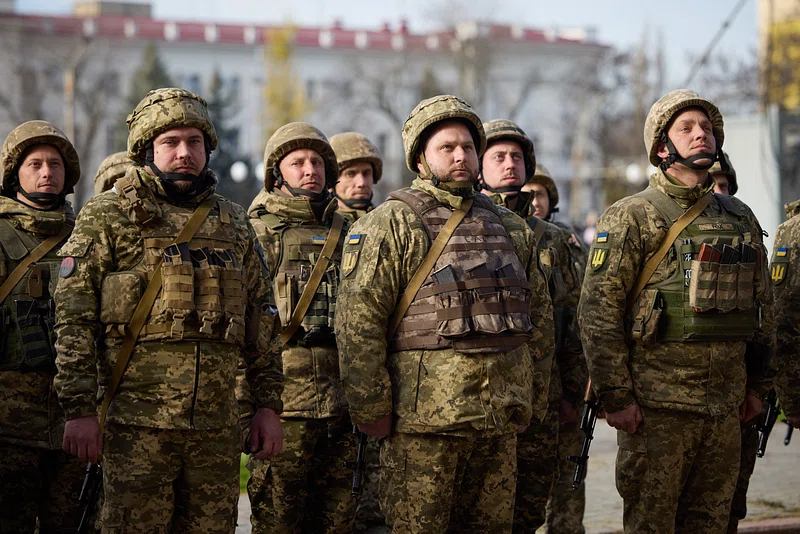
4. Russian Military Circle Criticism
Russian military blogger Roman Saponkov was one of the most public critical voices regarding Sokolov’s command, proposing that his directives are directly responsible for the lowered strength of the fleet, estimated to be down by 20%. Such open criticism from pro-Russian commentators suggests popular dissatisfaction among military-supportive groups and emphasizes pressure upon the command to explain losses in an already stretched-out war that has already damaged Russia’s naval reputation.
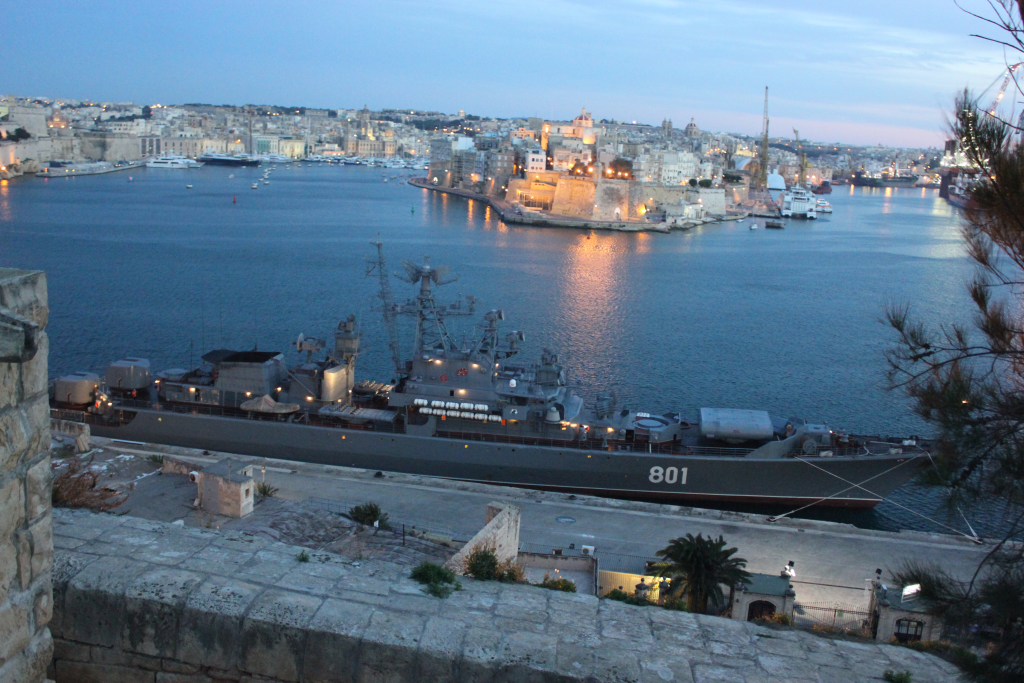
5. Continuity of Command and Successor Speculation
Sokolov himself became commander of the Black Sea Fleet during mid-2022, replacing his predecessor Igor Osipov, after a series of Ukrainian attacks on strategic waters. As news of his dismissal comes to light, focus now shifts to Vice Admiral Sergei Pinchuk, who is ranked as the fleet’s chief of staff in New Zealand’s 2023 sanctions designations. His likely promotion indicates continuity and a bid to reestablish order in the ranks.
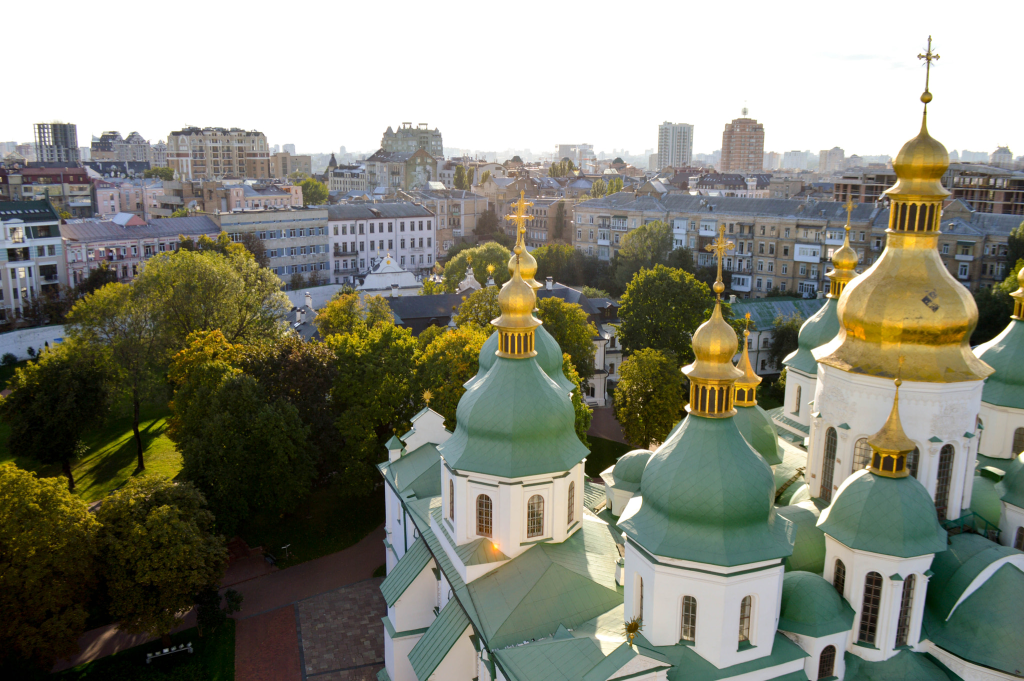
6. Ukraine’s Maritime Defense Strategy
The operational success of the Ukrainian military occurs as Kyiv continues to protect its sea routes and discourage additional Russian naval hostility. These military successes at sea are indispensable in maintaining open supply routes, especially for grain exports, while destabilizing Russia’s naval superiority in disputed waters.
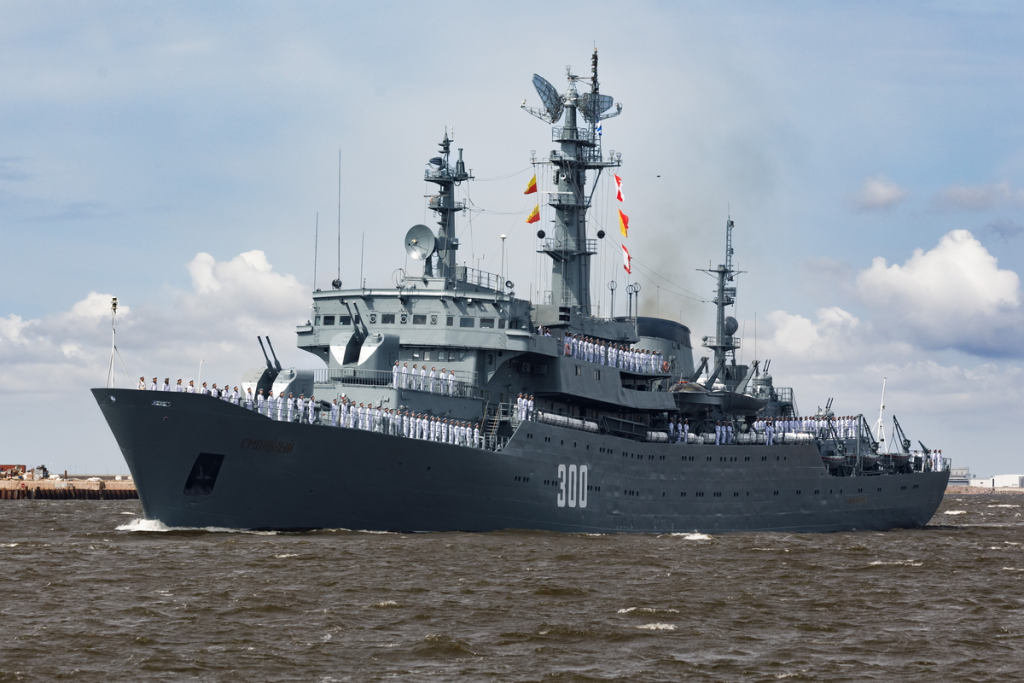
Every successful attack serves to raise the morale of the Ukrainians and is a testament to the workability of Western-supplied intelligence and technologies.
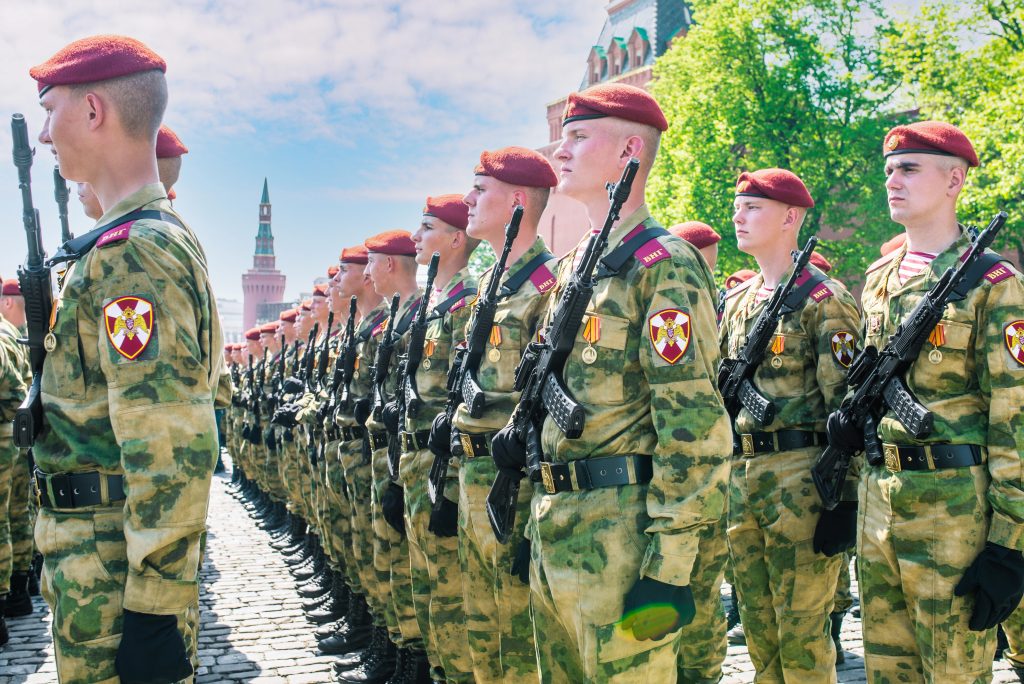
7. Silence from the Russian Defense Ministry
There has been no confirmation from Russia’s Defense Ministry on Sokolov’s ousting or his replacement. This silence is in line with Moscow’s strategy of keeping military defeats under wraps. This uncertainty, though, is also spurring rumors and reflecting on the information war alongside the real one.
